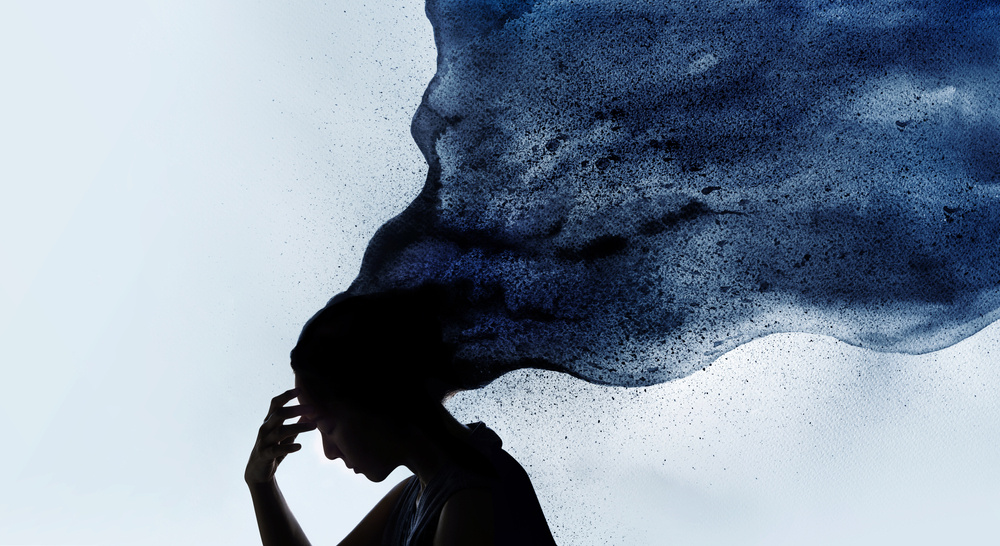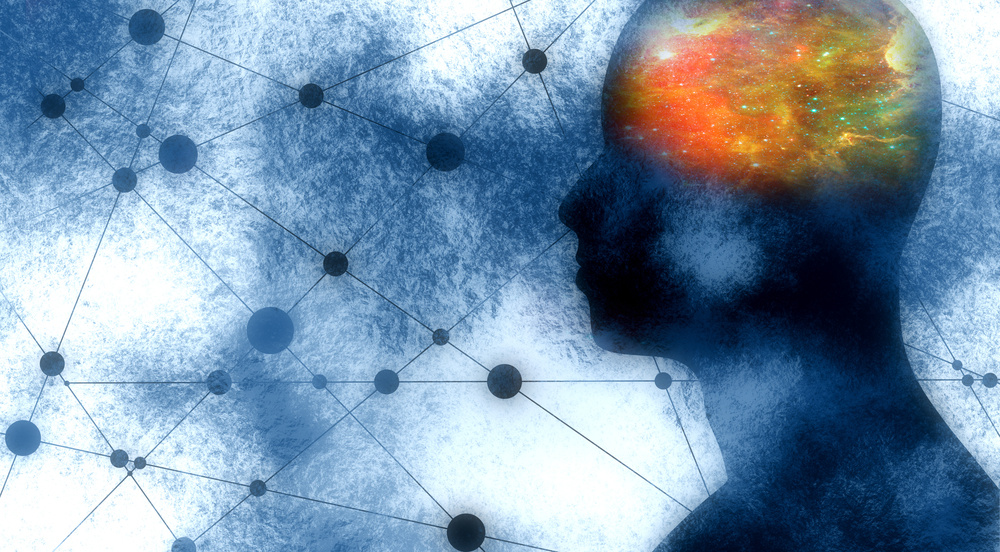Does Depression Change Your Personality?
The word, ‘personality’, is a noun and as defined in Oxford Learner’s Dictionaries is “the combination of characteristics or qualities that form an individual’s distinctive character.” Hence, an individual’s personality is what differentiates him or her from another; it is what makes a person unique. Many professionals ascertain that one’s personality is influenced by external stimuli (e.g., being exposed to different experiences, changing environments, etc.). Though the fundamental areas of one’s personality are largely thought to remain unchanged throughout one’s life, according to National Public Radio (NPR), they can and often do gradually shift across one’s life span. Personality change refers to a shift in the way one thinks, acts, and/ or feels.
Depression, also known as major depressive disorder (MDD) or clinical depression, is listed in the Diagnostic and Statistical Manual of Mental Disorders, Fifth Edition (DSM-5). It is a brain disorder that affects mood, cognition, behavior, and impedes adaptive functioning. MDD is characterized by persistent sadness and a lack of interest or pleasure in previously rewarding or enjoyable activities, resulting in significant impairment in one’s daily life. The most prominent symptoms of MDD include a severe and persistent low mood, profound sadness, or a sense of despair. The way depression affects the brain can directly result in personality changes.
Depression And The Brain
Neuroimaging studies have confirmed that major depressive disorder involves different areas of the brain with structural and functional abnormalities. Major depressive disorder has the potential to affect physical structures in the brain that can range from inflammation and oxygen restriction, to actual shrinking. Depression causes the hippocampus (area of the brain connected to learning and memory) to release excess levels cortisol (the primary stress hormone). When the brain gets flooded with cortisol, it can interfere with growth of new neurons in the hippocampus, which causes the hippocampus to atrophy and shrink in size.
High levels of cortisol have the opposite effect on the amygdala (area of the brain that governs emotions, impulsivity, emotional behavior, and motivation responsible for emotions) as the excessive release of cortisol due to depression causes the amygdala to become hyperactive and enlarged. This results in the release of unnecessary chemicals and hormones. There is a clear link between brain inflammation and depression. The results from one study found that people who had struggled with depression for more than ten years have 30% more brain inflammation. Brain inflammation can exacerbate symptoms of depression, interfere with neurotransmitters that regulate mood, and negatively impact learning and memory.
For Information and Support
Substance abuse and addiction can be incredibly dangerous and can result in severe short and long-term consequences. If you or someone you know is suffering from substance abuse or addiction, please get help as soon as possible. The earlier you seek support, the sooner you and your loved ones can return to leading happy, healthy, and fulfilling lives. There is no reason to go through this alone, and we are here to help. Please feel free to reach out to us for further information or with any questions regarding substance abuse or addiction. We are available anytime via telephone at: 213-389-9964, or you can always email us at: info@friendlyhousela.org.



